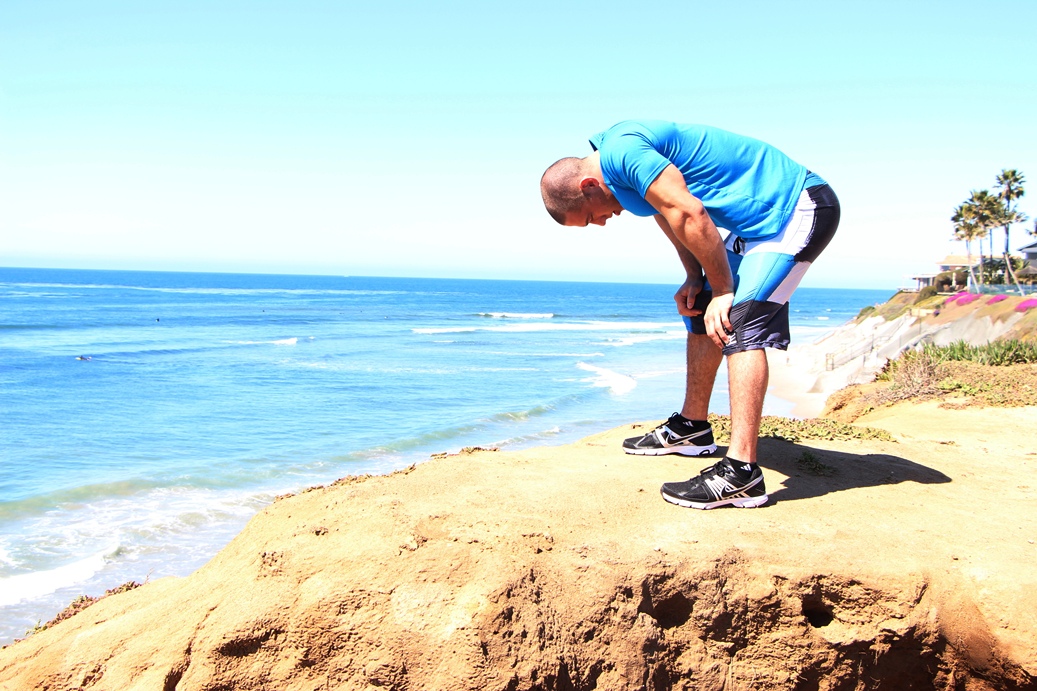This article was contributed by Debbie M., MS, RD
Your body needs refueling to support muscle recovery! Though, keep in mind that what you should eat and how much you eat depends on your workout intensity, duration and previous meals/snacks. You won’t need much refueling if exercise follows a hearty meal or lasts only 30 minutes. And you’ll need more if your workout is intense or extended. Here’s why…
Recovery and Aerobic/Endurance Workouts
Replace depleted energy stores after your cardio or aerobic workout today, so you can have a better workout tomorrow! To do this, consume about 30-50 grams of carbohydrates within 30 minutes of an intense bout of exercise lasting about an hour. For longer duration workouts simply increase your carbohydrates accordingly (e.g. 40 grams carb/hr endurance work).
Recovery and Strength/Weight/Resistance Training
The same window of time applies to resistance training—within 30 minutes—but adding protein is key; about 10-20 grams of protein to enhance muscle repair. For strength recovery a meal containing a 1:3 ratio of protein to carbohydrates is ideal. For example, a turkey sandwich with light mayo, pear, and water would provide this balance.
Carbohydrates for Your Recovery
Starches such as breads, bagels, crackers, pastas, potatoes, and rice are good carbohydrates choices; as are fruit and energy bars. Complex carbohydrates are also a good choice to keep energy levels up for the entire day. Save the high fiber or fat laden choices for mealtime, as these may slow digestion and absorption. Choose good potassium sources like fruits, vegetables, whole grains, and milk to promote cellular fluid balance.
Protein for Your Recovery
Whey protein is convenient and readily absorbed. Solid proteins such as turkey, string cheese and cooked egg white need to be kept cold, but are just as suitable. Shelf-stable proteins like beef jerky or peanut butter travel well but may be higher in sodium or fat. As a quick and convenient resource for when you are on-the-go, most juice bars offer protein powders and ready-to-drink shakes.
Recovery Considerations
Once you’ve figured out the content, keep in mind the volume. Calories add up quickly and you certainly don’t want to take in more energy than you just burned! Consider your pre-workout snack (if any) and sports drinks consumed during exercise when choosing your recovery foods so that you maintain an energy deficit for weight loss.
You should eat a small meal in the 2-3 hours following your recovery snack. That means if you’ve finished exercising at 6 p.m., eat your recovery snack by 6:30 p.m. and have a light dinner at 8 p.m. For morning workouts finishing at 7 a.m., eat your recovery snack by 7:30 a.m. and eat a breakfast by 9 a.m. If you are able to simply have a full balanced meal for recovery right after your exercise, even better!
What you eat before is also an important factor to take into consideration in your fitness routine. Find out how to fuel your workouts with proper pre-workout nutrition by CLICKING HERE.
For more great TOP TIPS be sure to come back every week and follow LIVING HEALTHY. To learn how, CLICK HERE.


I’m so fat that it is hard for me to exercise cause I get out of breath easy
Just keep at it. I am considered “morbidly obese” but am working on it. I spend about 30 minutes doing weight training (mostly at the minimum weight on the machine) then and equal amount of time in the pool walking/jogging. The pool provides the cardio I need with out dealing with those evil machines on the 2nd floor.
To Susan and Suzi, you should be proud of yourselves that you do have an interest in making a change to improve your health and it’s great to see the motivation (Suzi). Susan, If while you’re working out it is causing an oxygen deficit, perhaps what you are doing is a little challenging for right now – remember you want to work out a pace where you can still maintain a conversation while exercising and Suzi I see some great choices for exercise, however, I would strongly consider talking with a Personal Trainer Counsellor at the LA fitness gym you exercise at. Also, they can guide you and empower you as to how working out with a personal trainer will give you that extra boost in motivation and to prevent you giving up, and will create a workout plan that is customized to you and that is safe and will prevent injury as well as strengthen your bones. Not to mention that working with a trainer will also save you time and give you the results that you want even faster and they can help you achieve your goals or whatever the reason may be! There are many more benefits to list, if you have any more questions I will be happy to answer them!
Juliana
PTC for LAF Oakville Club